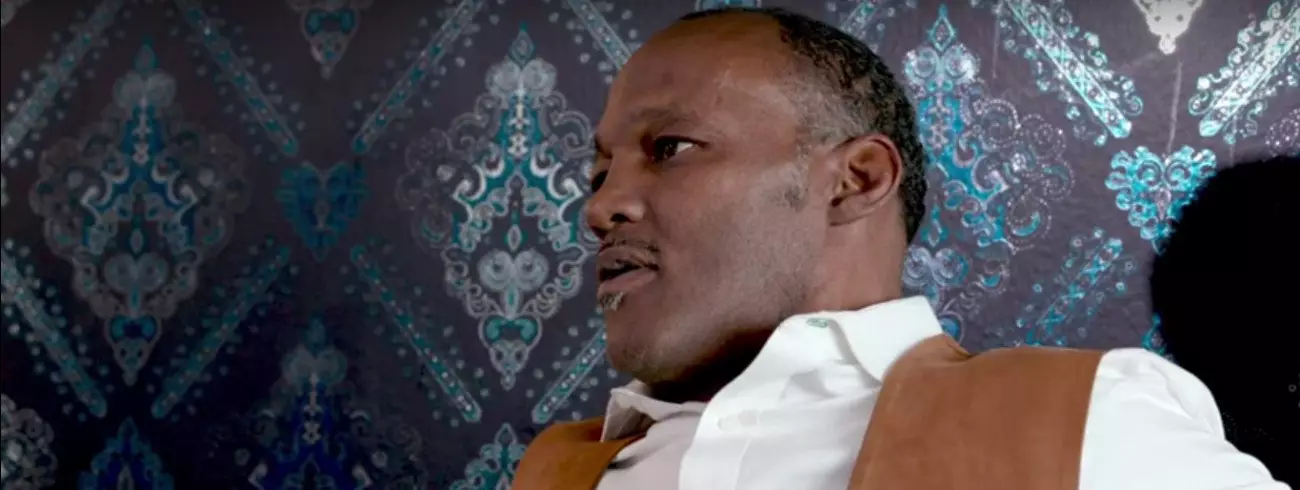In the world of sports, athletic prowess often comes with a personal price. For legends like Donald Curry, this price has become particularly steep as they face the ramifications of their past inside the boxing ring. At 63 years of age, Curry—once hailed as “The next Sugar Ray Leonard”—is now grappling with severe mental health issues, stemming from a diagnosis of Traumatic Encephalopathy Syndrome (TES). The story of this erstwhile welterweight and light-middleweight champion not only highlights his remarkable boxing legacy but also underscores the urgent need for awareness and support for athletes coping with psychological challenges.
As fans reflect on Curry’s electrifying career and the thrill he brought to the sport, few consider the internal struggles he faces after retirement. Curry’s rise within the boxing community was meteoric, characterized by an exceptional skill set and the charisma that captivated audiences. However, the reality of sustained blows to the head can catch up to even the fiercest champions. TES, a condition affecting mood, cognition, and decision-making, exemplifies the severe toll that professional boxing can exact on its athletes.
Curry’s situation echoes that of fellow boxing icon Wilfred Benitez, revealing a broader pattern of mental and emotional challenges among retired fighters. While boxing legends may stand tall in the ring, their post-career lives can often be riddled with disillusionment and health decline, leading to isolation and distress. Curry’s recent struggles, as shared by his son Donovan, paint a harrowing picture of an athlete fighting his most important battle outside the ring.
The public heartache deepens as Donovan Curry reaches out to the community for assistance in securing appropriate care for his father. In a heartfelt social media message, he detailed the significant deterioration in Donald’s condition, citing impairments in judgment, reasoning, and memory. The emotional weight behind such a message cannot be overstated; it highlights not only the struggles of a former champion but also the emotional burden carried by their loved ones.
In a world so often fixated on the glory and spectacle of sports, these personal stories serve as poignant reminders of the human experience behind the athlete. Donovan’s quest for a specialized facility that can provide the necessary treatment reveals an alarming truth: many former athletes are left to navigate complicated healthcare systems, often without adequate resources or support.
As screens light up with updates on Donald Curry’s plight, one hopes for a collective response from boxing fans, promoters, and institutions alike. The sporting community has a moral imperative to rally behind its legends. Fundraising efforts could provide the necessary financial backing for appropriate care facilities, while public awareness campaigns can shine a light on the mental health challenges faced by former athletes.
Donald Curry’s legacy as a fighter is undeniable; however, his story raises vital questions about the responsibilities of the sport towards its athletes long after they have hung up their gloves. It also beckons broader discussions beyond boxing, inviting dialogue about mental health consciousness across all athletic disciplines.
As we carry forward the narratives of boxers like Donald Curry, it is essential to foster an environment of support and recognition. The accolades accrued will resonate far less if we neglect to care for the individuals behind the achievements. Whether through community involvement, healthcare advocacy, or financial assistance, every effort counts.
Donald Curry, a fighter who once electrified the boxing world, now confronts the most formidable of opponents: his own mental health. If any figure in sports deserves compassion and aid during such a pivotal moment, it is him. His journey becomes not just a story of past glories, but a crucial chapter in the ongoing dialogue about athlete welfare and mental health. In providing assistance, perhaps we can ensure that legends like Curry know they are never truly alone in their fight.

